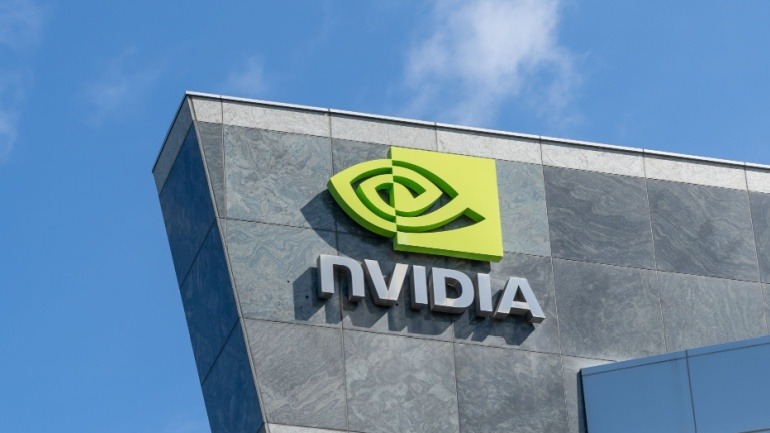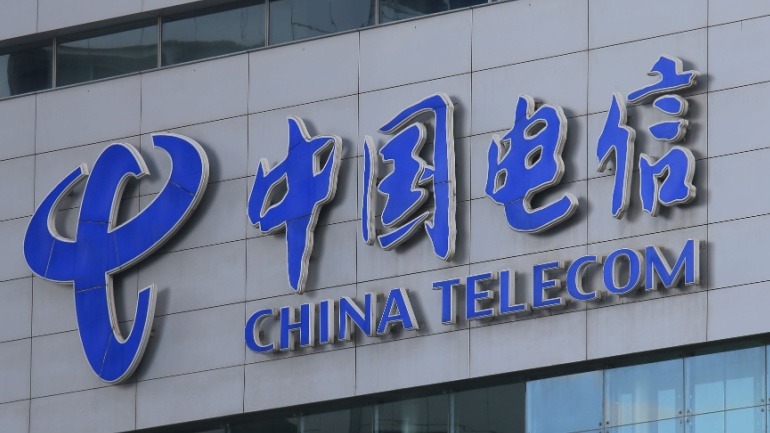The UAE is partnering with top US tech firms to build a massive AI data center in Abu Dhabi. Dubbed the UAE Stargate, the project aims to deliver five gigawatts of AI power and expand globally, aligning with a larger US initiative to boost AI infrastructure across key sectors.
OpenAI is scaling its Stargate project globally through “OpenAI for Countries,” offering AI infrastructure partnerships to governments. With support from SoftBank and Oracle, the initiative aims to build localized data centers and services, supporting data sovereignty and economic growth.
Germany-based IoT MVNO, 1NCE, has secured $60 million to enhance its AI capabilities and strengthen its position in the U.S. IoT market. This marks $160 million in total investment, led by tech giants including Deutsche Telekom and SoftBank. The funds will accelerate the development of AI-driven SaaS solutions.
The E2A transpacific subsea cable promises to revolutionize telecommunications infrastructure, linking Japan and the USA by 2028. Connecting major regions like Taiwan, South Korea, and Japan to the US, this project is backed by telecom giants Chunghwa Telecom, SoftBank, SK Broadband, and Verizon.
NVIDIA is revolutionizing telecoms with its AI advancements. Collaborating on large telco models and AI agents at GTC, NVIDIA aims to enhance network management. These innovations transform how data is processed, making telecom networks smarter and more efficient.
China Telecom announced the early completion of the 10,000-km Asia Direct Cable (ADC), the first new submarine link in the Asia-Pacific in over eight years. Developed by a consortium, ADC delivers over 160 Tbps capacity, easing congestion and enhancing cloud and data services.
The Stargate Project, backed by OpenAI, SoftBank, Oracle, and MGX, promises to revolutionize AI infrastructure with a $500 billion investment. Key players like Oracle and OpenAI are driving this initiative to reinforce American leadership in AI.
Starlink has expanded its satellite backhaul services to over 100 rural base stations of Africa Mobile Networks in Nigeria, enhancing connectivity in remote areas. Since their 2023 agreement, traffic surged 45% across connected sites. Leveraging Low Earth Orbit (LEO) satellites, AMN effectively boosts base station capacity, transforming local communities with improved mobile access.
SK Telecom is revolutionizing its AI service, “A.”, with a focus on enhancing the natural conversational experience and comprehensive daily management. The newly revamped app, featuring multi-agent support and LLM integration, allows users to manage calendars, schedules, and routines through intuitive voice commands.
Deutsche Telekom is enhancing its global IoT presence through a new agreement with the Bridge Alliance. As the first European telecom giant in this consortium, Deutsche Telekom aims to streamline IoT solutions for both Asian and European markets. Their combined expertise promises superior connectivity and simplified procurement processes.













